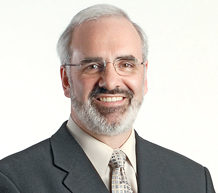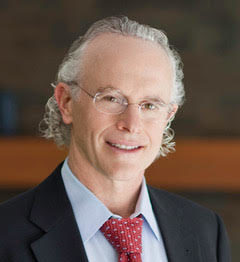
COVID-19 booster shots are on a fast track for authorization by federal health officials, and nursing home residents could be among the first to receive them. But long-term care physicians say they need solid data to move forward with prescribing extra shots.
The Biden administration may extend emergency use authorization for COVID-19 vaccine boosters within days or weeks, The Washington Post reported Friday. The aim is to allow Americans with weakened immune systems — who have not responded well to COVID-19 vaccination — to receive a third and potentially immune-boosting injection.
The authorization is likely to extend to the elderly, including nursing home residents, industry observers say. But long-term care clinicians remain cautious.
“We just don’t have enough data,” Christopher Laxton, CAE, executive director of AMDA – The Society for Post-Acute and Long-Term Care Medicine, told McKnight’s Clinical Daily. “Should it be specifically formulated to address the delta variant and other variants, and is a third dose safe? We don’t have enough evidence there. We need the FDA, ACIP or CDC to provide enough science for us to be sure.”

Others agree that more data is needed. Based on the evidence he’s seen so far, geriatrician Michael Wasserman, M.D., said he’s not certain how necessary a COVID-19 booster shot is for residents at this time and stressed the importance of others around them getting fully vaccinated. “I really cannot say based on the evidence that I’ve seen that that’s going to make a big difference, whereas getting all of the staff fully vaccinated has clearly become our most pressing need,” Wasserman told McKnight’s Long-Term Care News.
“If residents are vaccinated, they’re highly protected, but the only way they’re exposed now to the virus is from staff and visitors. So getting the staff and visitors fully vaccinated is critical,” he added.
Data to drive protocol
Still, if there is enough data to justify extending emergency use authorization to boost vaccination in immunosuppressed people (who include those on cancer drugs or with organ transplants), there is a good chance nursing home residents will be next in line, AMDA’s Laxton said.

And if the evidence is there, a booster shot could make sense for the long-term care population, a top industry clinician told McKnight’s Clinical Daily. Although the currently approved COVID-19 vaccines markedly decrease the risk of hospitalizations and death, and efficacy remains strong at six months, fully vaccinated individuals can still have breakthrough infections, Kevin O’Neil, M.D., chief medical officer, ALG Senior, explained.
“Booster doses of the vaccine may add another layer of protection,” he said. The shots “are likely to provide benefit, especially to persons who are elderly or immunocompromised, as the immune response to the vaccine declines over time.”
Senior living ready and waiting
ALG Senior, with 155 communities, will be prepared to provide boosters to residents if and when they are authorized, O’Neil said. The senior living provider already is collaborating with pharmacy partners to be sure of access, he told McKnight’s.
Other countries have greenlit the booster vaccine strategy for immunocompromised and older adults, and some U.S. municipalities have already taken matters into their own hands. The San Francisco Department of Public Health, for example, is offering people who have received the single-dose Johnson & Johnson vaccine an additional dose of Pfizer’s or Moderna’s drug — after consultation with their doctor.
Pfizer, meanwhile, has lobbied the federal government to authorize adding a third shot to its two-shot schedule. Anticipating demand, Moderna said it expects to have a booster shot ready to go by fall of this year.
For more context on booster shot delivery in nursing homes, visit McKnight’s Long-Term Care News.





